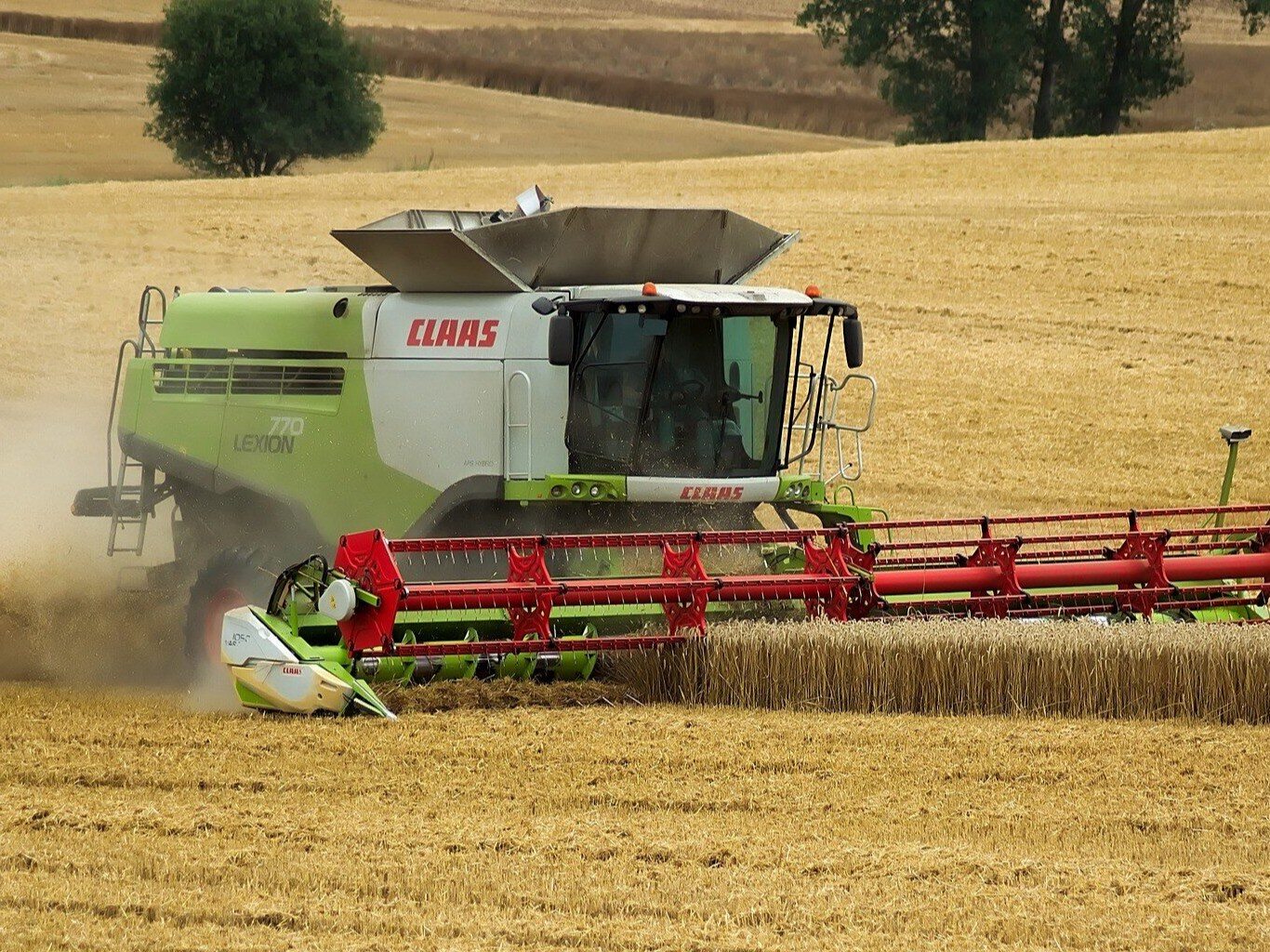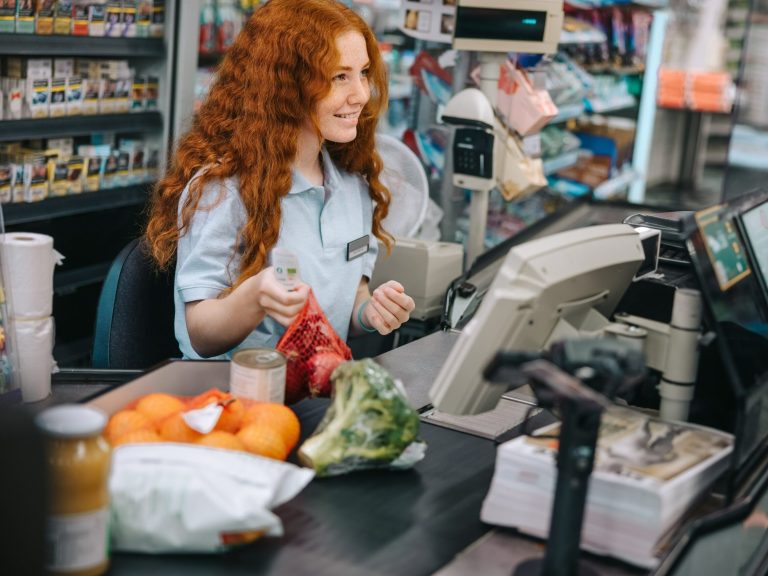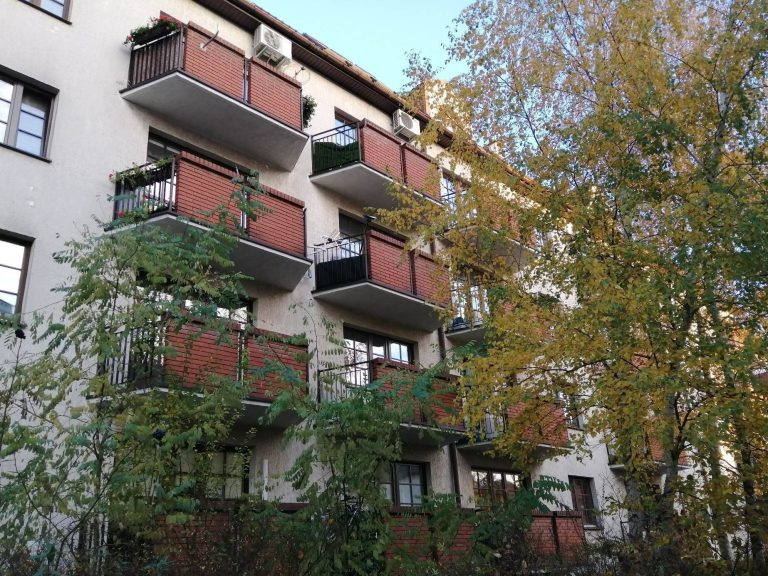Ukrainian grain still duty-free. The EC also proposes a “defense mechanism”

The European Commission has proposed extending the suspension of import duties and quotas on imports from Ukraine to the EU for another year and a temporary derogation from the provisions of the Common Agricultural Policy for EU farmers until 2024. The proposal is accompanied by a “defense mechanism” in case the liberalization of trade with Ukraine excessively disrupts the situation on EU markets.
“The Commission today proposed to extend the suspension of import duties and quotas on Ukrainian exports to the EU for another year, while strengthening the protection of sensitive EU agricultural products. This is done in line with the EU’s commitments to support Ukraine for as long as necessary,” the EC said.
Duty-free import of Ukrainian agricultural goods extended
Let us recall that customs duties were suspended shortly after the outbreak of the war in Ukraine. This was to support agricultural producers from Ukraine. After a few months, farmers from countries bordering Ukraine began to protest because, in their opinion, grain from our neighbor had literally flooded the grain stores. As they are cheaper than cereals produced in the European Union, Polish, Slovak or Romanian agricultural products had no chance to compete with them.
The European Commission announced that it proposes to enable EU farmers to benefit from derogations from the provisions of the Common Agricultural Policy in 2024, obliging them to keep certain areas in a non-productive state.
To minimize the risk of Ukrainian agricultural products dominating the EU market again, the EC project includes a “protective mechanism”: the most sensitive products – poultry, eggs and sugar – will be exempt from customs duties only up to a certain limit.
“Security mechanism” in the regulations on duty-free trade
The EC said that this “enhanced protective mechanism” is necessary given the significant increase in imports of certain agricultural products from Ukraine to the EU in 2022-23.
“This ensures that rapid remedial action can be taken in the event of significant disruptions in the EU market or in the markets of one or more Member States. An emergency brake is planned for the most sensitive products – poultry, eggs and sugar – which will stabilize imports at the average level of 2022 and 2023. This means that if the import volume of these products is exceeded, customs duties will be introduced again, ensuring that the import volume does not significantly exceeds the volume of imports from previous years,” the EC wrote in a statement.





